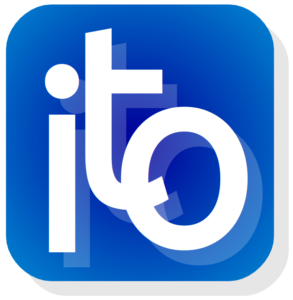In today’s increasingly digital world, remote work has become the norm, especially in the tech industry.
As companies continue to embrace this shift, onboarding remote software developers effectively has never been more crucial.
Proper onboarding sets the tone for a developer’s experience with your company, ensuring they feel valued, connected, and equipped to succeed from day one.
1. Prepare Before Day One
Onboarding doesn’t start on the first day – it begins long before. Ensure all necessary tools, accounts, and access are set up before your new developer logs in. This includes:
- Hardware and Software: Ship laptops and other necessary equipment well in advance. Ensure all required software is pre-installed and ready to use.
- Access to Systems: Grant access to project management tools, version control systems, communication platforms, and any other essential software.
- Documentation: Provide a comprehensive onboarding document that outlines company culture, team structure, coding standards, and project details.
2. Set Clear Expectations
Clarity is key when onboarding remotely. From the start, define the developer’s role, responsibilities, and performance expectations. Clearly outline the following:
- Job Responsibilities: Break down day-to-day tasks, ongoing projects, and long-term goals.
- Communication Protocols: Define the preferred channels (e.g., Slack, Teams, email), frequency of updates, and meeting schedules.
- Working Hours: Discuss core working hours and any flexibility available.
3. Foster Connections with the Team
Remote developers can feel isolated if not properly integrated into the team. It’s important to make them feel part of the company culture from the get-go:
- Introduce the Team: Schedule virtual meet-and-greet sessions with team members and key stakeholders.
- Assign a Buddy: Pair the new hire with a peer mentor or buddy who can help them navigate the company’s culture, processes, and tools.
- Team-building Activities: Regularly organize virtual team-building activities to strengthen bonds and foster collaboration.
4. Provide Comprehensive Training
Training is a crucial part of the onboarding process. Ensure your new developer has access to the resources they need to understand the codebase, workflows, and best practices:
- Codebase Walkthrough: Organize a session to walk through the existing codebase, explaining architecture, design patterns, and coding standards.
- Tool Training: Provide tutorials or training sessions on the tools and technologies used by the team.
- Continuous Learning: Encourage ongoing learning by offering access to online courses, webinars, and other educational resources.
5. Encourage Open Communication and Feedback
Maintaining open lines of communication is essential, especially for remote employees. Encourage your new developer to ask questions and provide feedback:
- Regular Check-ins: Schedule regular one-on-one meetings to discuss progress, address concerns, and provide guidance.
- Feedback Loops: Create opportunities for feedback from both the new hire and the team. Use this feedback to continuously improve the onboarding process.
- Support Channels: Ensure the new hire knows who to contact for technical support, HR issues, or other concerns.
6. Track Progress and Set Milestones
Set clear milestones to track the new developer’s progress and ensure they’re on the right path:
- 30-60-90 Day Plan: Outline specific goals and objectives for the first 30, 60, and 90 days.
- Performance Reviews: Conduct regular performance reviews to assess progress, provide feedback, and set future goals.
- Celebrate Achievements: Acknowledge and celebrate the new hire’s successes, no matter how small, to build confidence and motivation.
Recap
Onboarding a remote software developer effectively requires careful planning, clear communication, and a focus on building connections.
By following these best practices, you’ll set your new hire up for success and ensure a smooth transition into your team.
Remember, a well-onboarded employee is not only more productive but also more likely to stay with your company in the long term.
#RemoteWork #Onboarding #SoftwareDevelopment #RemoteTeam #HR #TechIndustry #EmployeeExperience

